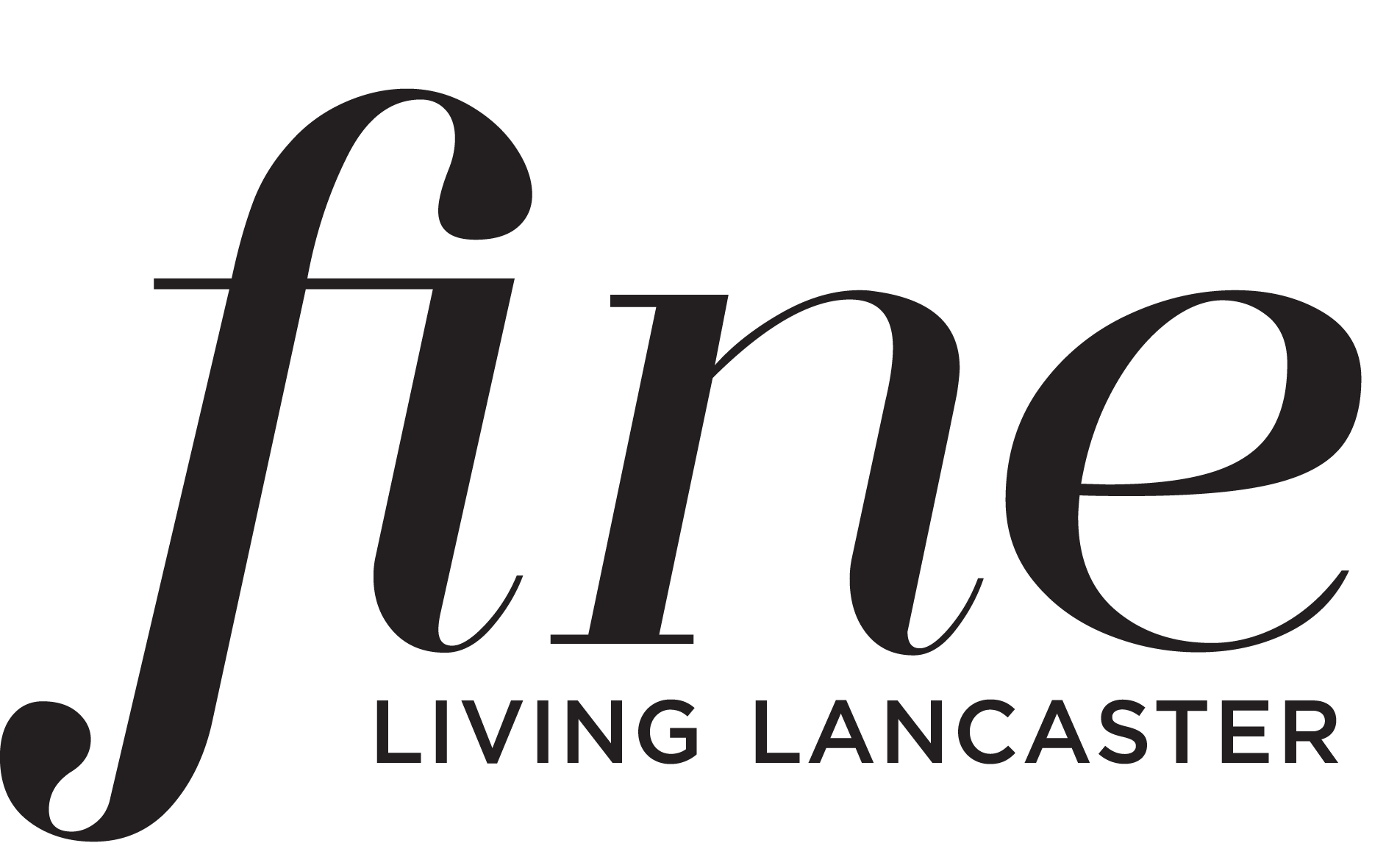The Forgotten Magic of the Wolf Institute of Music
Beginning in 1924, 452 cities around the U.S.—including Lancaster, Pa.—celebrated National Music Week for the first time ever. From May 4 - 10, folks across the country were instructed to “give more thought” to music. Supported by President Calvin Coolidge, Lancaster excitedly participated with a series of concerts and recitals.
The most coveted of these recitals were performed at the prestigious Wolf Institute of Music, located at 423 W. Chestnut Street. In this large Queen Anne brick home, the study of piano, organ, and pianoforte was taken very seriously, as lessons were given by Dr. William A. Wolf and his assistant and second wife, Mrs. Frances Harkness Wolf. It is said that students travelled far and wide to be part of the Wolf Institute and to have an opportunity to perform in the coveted Music Week recitals. Many of these students would go on to display their talents around the country and the world, as members of the American Red Cross Musicians Unit during both WWl and WWll, as organists and musical conductors of churches, and as music teachers in universities and high schools.
According to LNP archives, Dr. Wolf began his study of music at a very young age. He travelled to New York and throughout Europe studying from the best and the most renowned musicians. He earned both his Master’s degree and Doctorate of Music from New York University. But it was in Lancaster that Wolf opened his first studio and gave his first pianoforte lesson on February 3, 1899, in celebration of the birthday of Mendelssohn Bartholdy (a German composer).
In 1913, he moved from that first studio to open the Wolf Institute of Music on W. Chestnut Street. Students sought the institute out to take organ, piano, and vocal lessons with Dr. Wolf, and until 1918, his first wife, Lottie Wolf. That year, Lottie died unexpectedly after surgery at the Osteopathic Sanitarium. She was 45 years old.
By the following August, Dr. Wolf had wed his former student, Francis Harkness, 20 years his junior. Together until 1963, he and Francis created a hub of music training that attracted students from all over (there are a number of stories of students taking two, sometimes three, buses from New Holland, just to reach the institute for their lessons).
Today, the institute sits dark and the exterior requires a bit of loving attention. But the gardens that surround the building are tenderly cared for and nurtured by volunteers, led by Mary Lou Weaver Houser. In 2012, she, along with many other volunteers, built a native plant botanical garden on the grounds of the mansion. With the use of rain barrels, statues, and well-planned landscaping, these volunteers have been able to bring beauty back to the grounds of a house that was once known as a source of true musical expertise.
In February 1973, a widowed Frances Harkness Wolf willed the institute to become a music museum, and $382,828 was left in trust meant to make sure the property continued as a hub of music and art in Lancaster City. However, even before COVID hit, it does not appear that the museum had been open with regular hours for tours. (Though Weaver Houser shared that before the passing of Trustee Board Member Frank Weatherly, his encyclopedic knowledge of the contents of the home—from Mrs. Harkness Wolf’s flapper dresses, to her art collection from the Philadelphia School of Design for Women’s artists of the 1920s (known as the Philadelphia Ten), to pieces of original music written by Dr. Wolf—entertained a few neighbors and some lucky visitors.)
If you ever find yourself standing quietly outside of this stately home, you can almost hear the soaring music that must once have regularly echoed out of the windows and into the surrounding streets. The house once bustled with students and burst with music. At a time when learning piano was considered a key component of civility, the Wolf Institute provided many Lancastrians with that expected training. In fact, Lancaster was able to be one of the 452 celebrating cities of the founding National Music Week in 1924 because of Dr. Wolf and Mrs. Harkness Wolf.
So what if we choose to honor the Wolf Institute of Music, its thousands of students, its teachers, its founder and its rich history by whistling a little tune, singing a song, or playing your instrument of choice outside of 423 W. Chestnut Street during the first week of May? Let’s give the home our gifts of music—a forgotten magic that I’d bet the once full space sincerely misses.
For more information, visit wolfmuseum.net
By Marian Pontz







